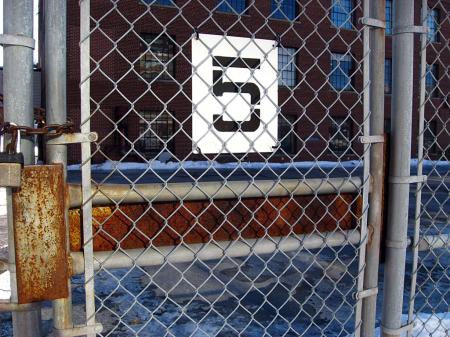A new blog written by a former California energy commissioner chooses to discuss the fight against climate change as a ‘war.’ At one level, this reflects the silly American tendency to discuss non-military problems using military language: the War on Drugs, the War on Poverty, etc. At another, the choice reflects the serious disjoint between what most people have publicly accepted about climate change and what the problem really involves.
The public consensus seems to be: climate change is happening and it will have some bad effects. Technology and consumer choices will probably deal with it. Hybrids and fluorescent lights for all! Some of the big issues missed in this viewpoint are:
- Stabilizing greenhouse gas concentrations is a massive undertaking. It requires deep cuts (50-95%) in emissions from all countries, rich and poor alike.
- Time is of the essence. Stabilizing at an atmospheric concentration likely to avoid catastrophic impacts probably requires global emissions to peak within the next ten years and fall dramatically within the next forty.
- Once concentrations are stabilized, continued effort and restraint will be required to maintain that. Human emissions will need to be kept in balance with natural absorption of carbon dioxide forever.
- Abrupt or runaway climate change could completely undermine the basis for the global economy. Potentially, it could even make the planet uninhabitable for human beings for thousands or millions of years.
Referring to the situation as a war does have some potential benefits. People expect sacrifice and the suspension of normal ways of operating during wartime. The lower quality of light from fluorescent bulbs seems less significant when the future of humanity is at stake; the same goes for bans on short-haul flights or inefficient cars. At the same time, there are huge problems with the war analogy. Wars end. While it is possible that we will eventually have such excellent zero-emission technology that the world’s coal reserves and tropical forests will not tempt us, that seems a distant prospect.
What this underscores is the degree to which climate change is a challenge of an altogether new and different type for humanity. It’s one that our previous ideas about collective action, the ethics of an individual in society, and the cooperation of sovereign entities need to grow to accommodate. While the seriousness and focus sometimes applied to warfare will surely be required, the metaphor probably ultimately distorts more than it clarifies.


See also:
The environment as a security matter
February 6th, 2007
Maybe Americans like to refer to something as a “war” once it becomes intractably difficult for them to make progress on, or withdraw, their efforts.
At some point, calling these things ‘wars’ just becomes self-fulfilling. Recollection of previous examples leaves people assuming that the noun is appropriate for all manner of social, economic, and political campaigns.